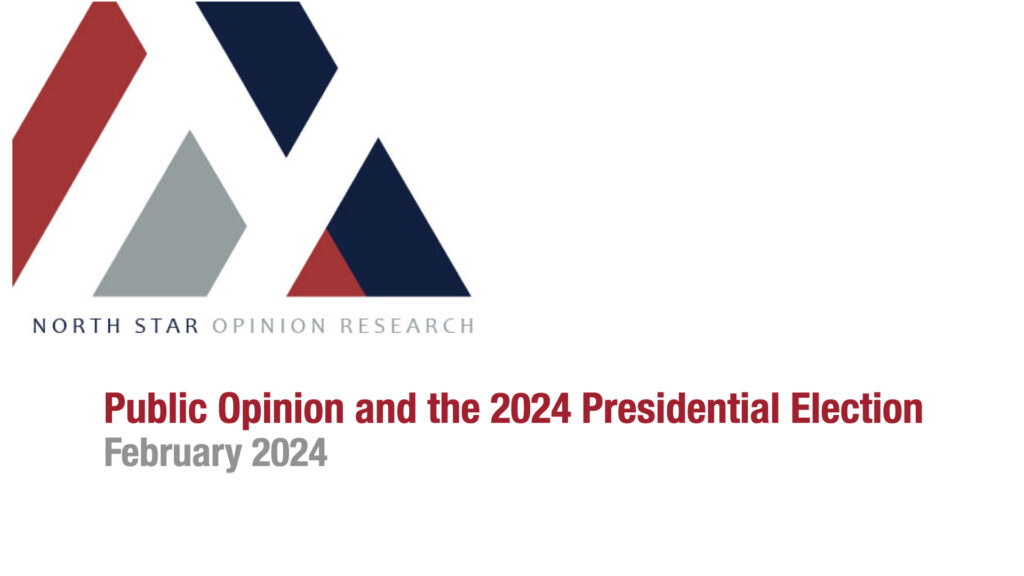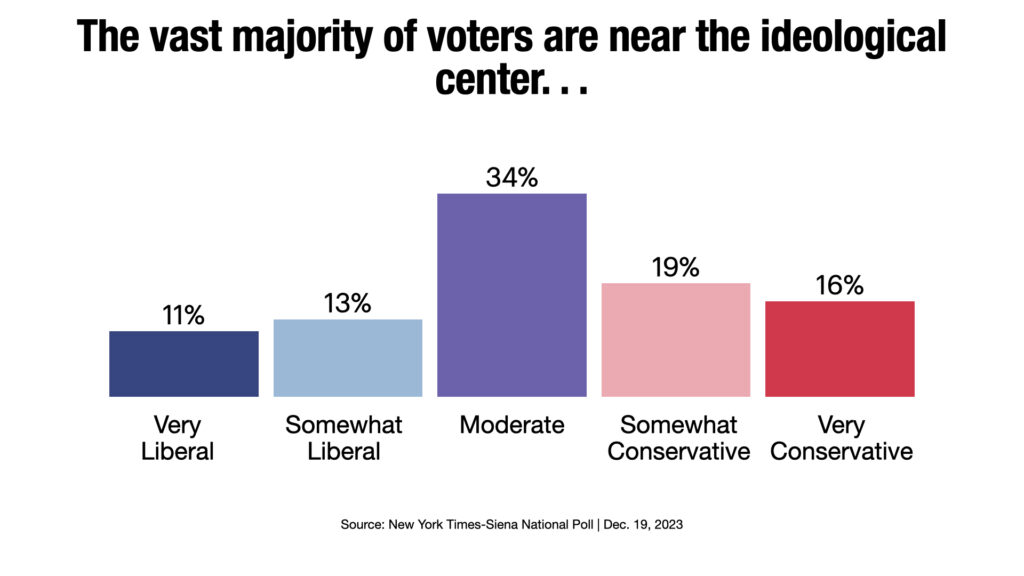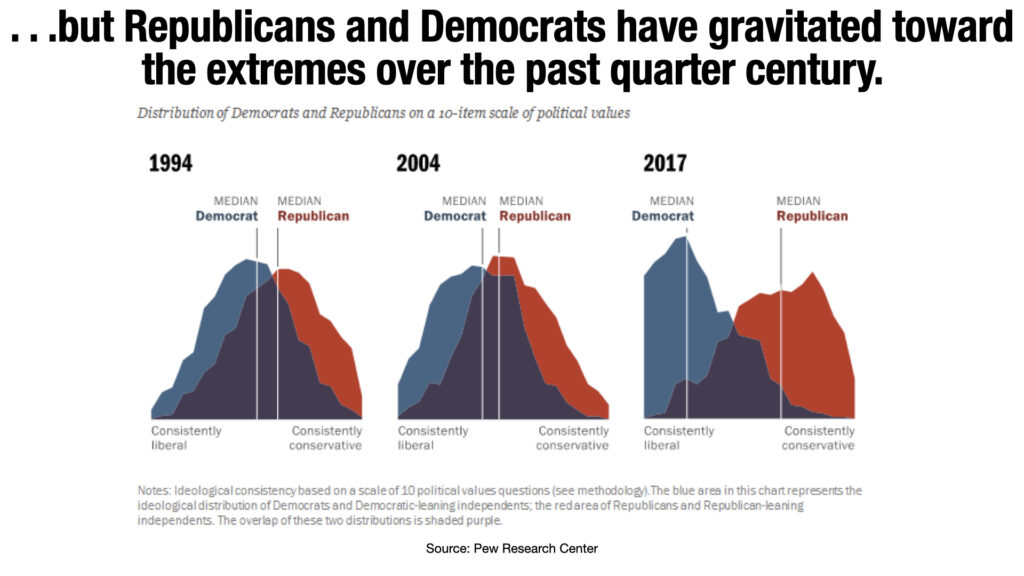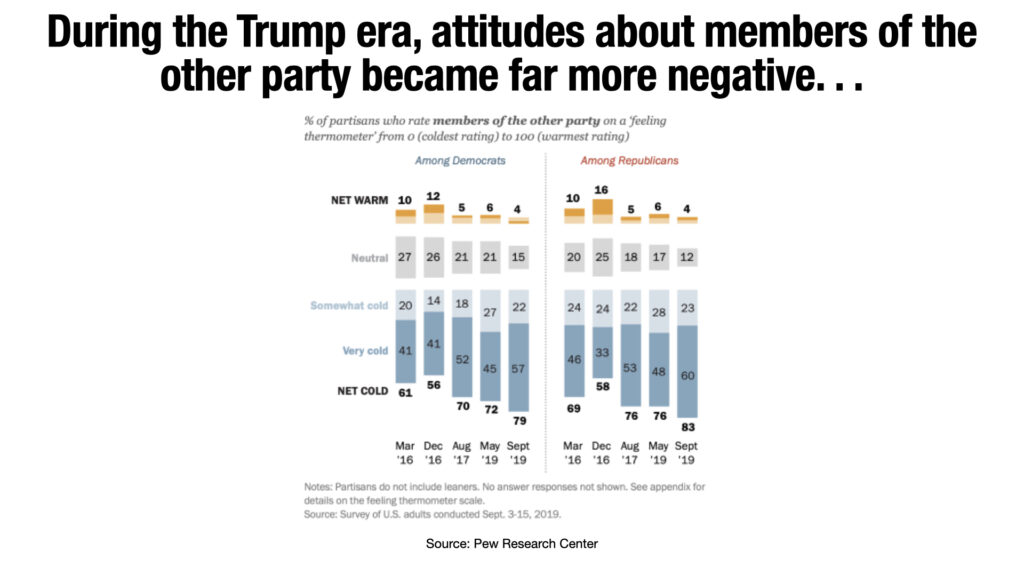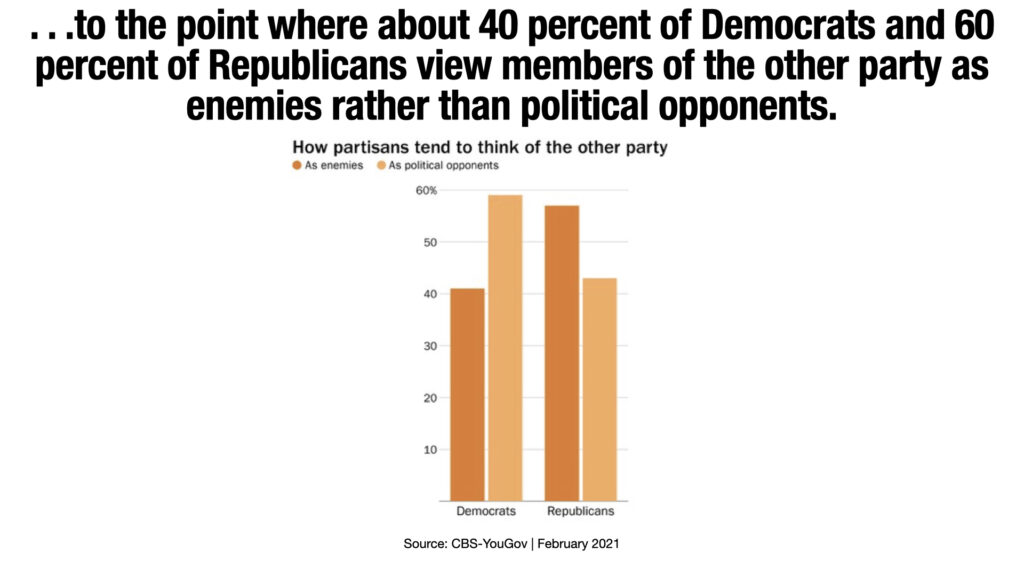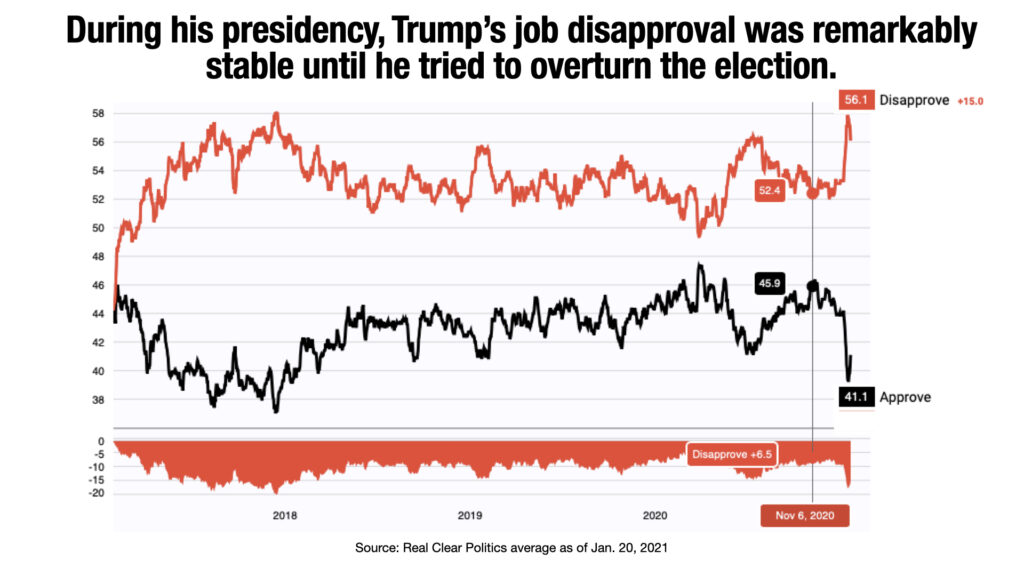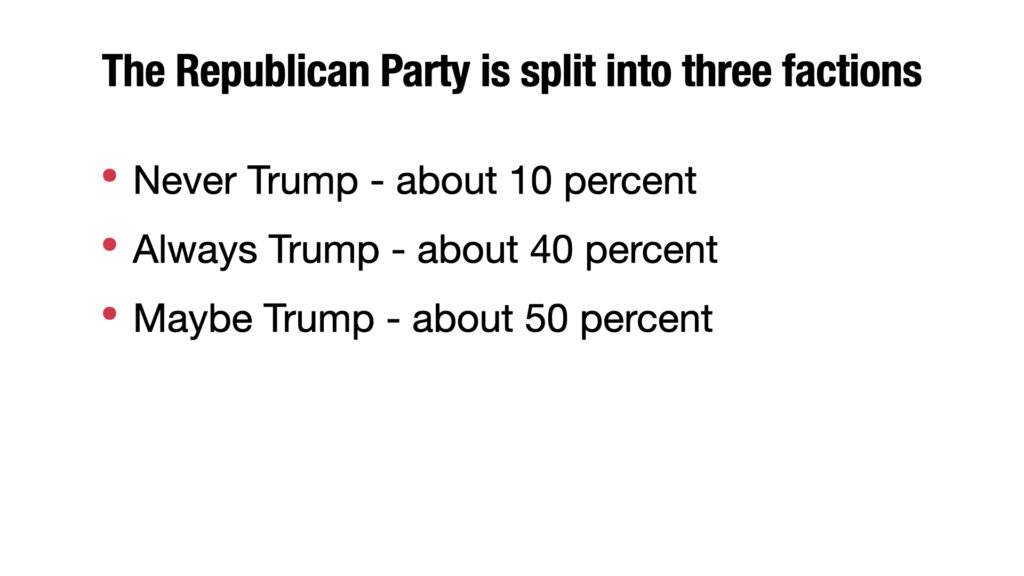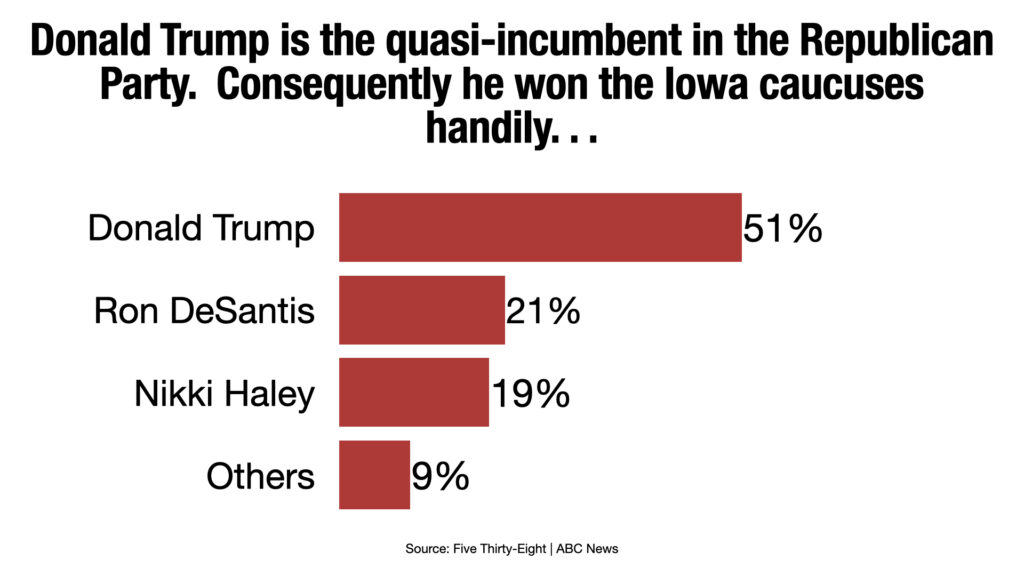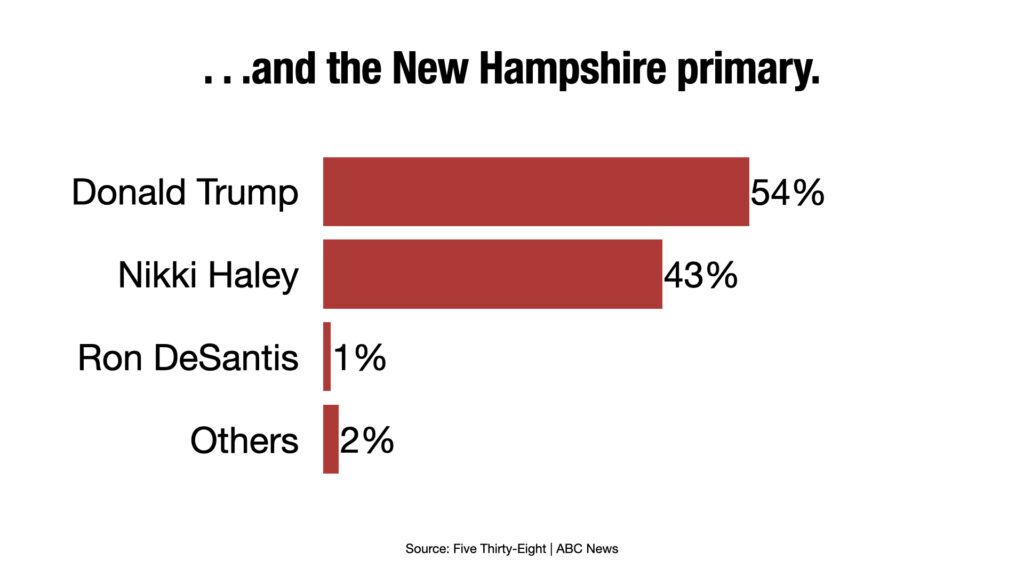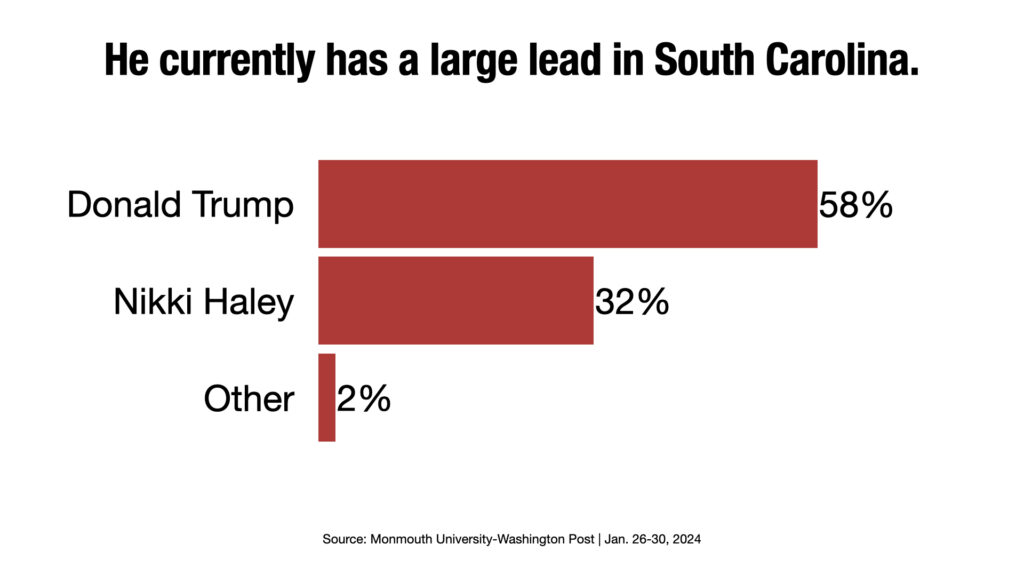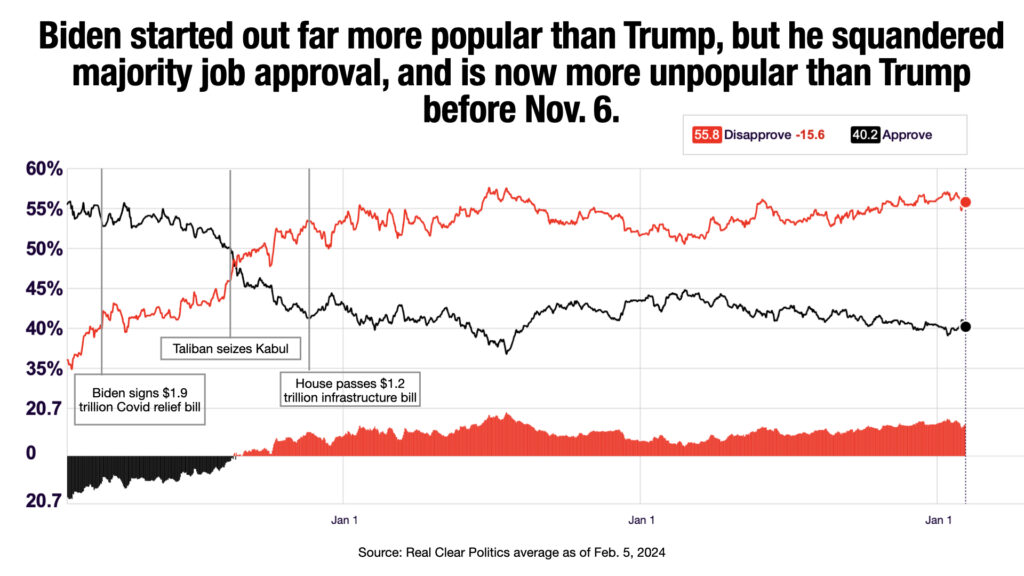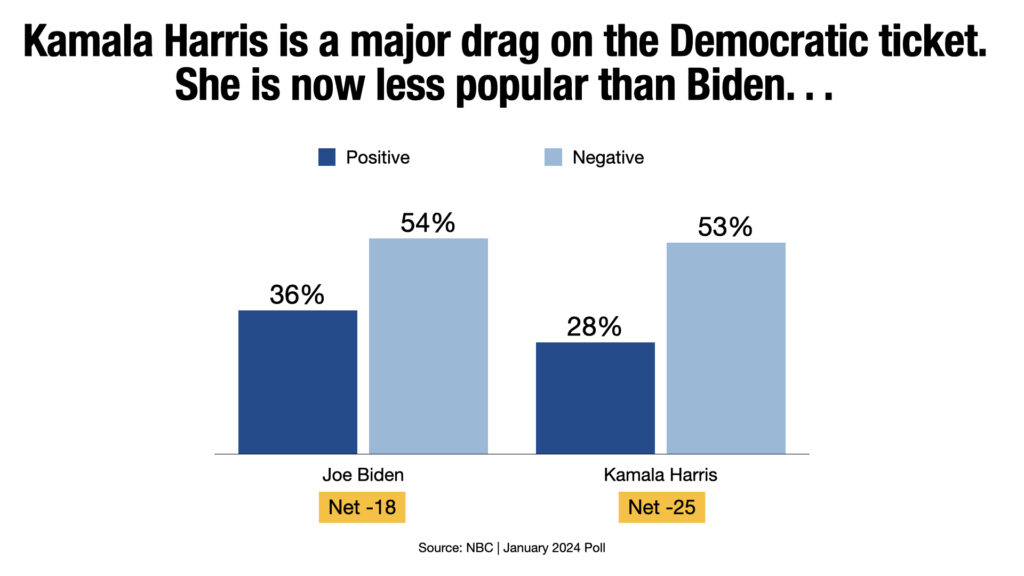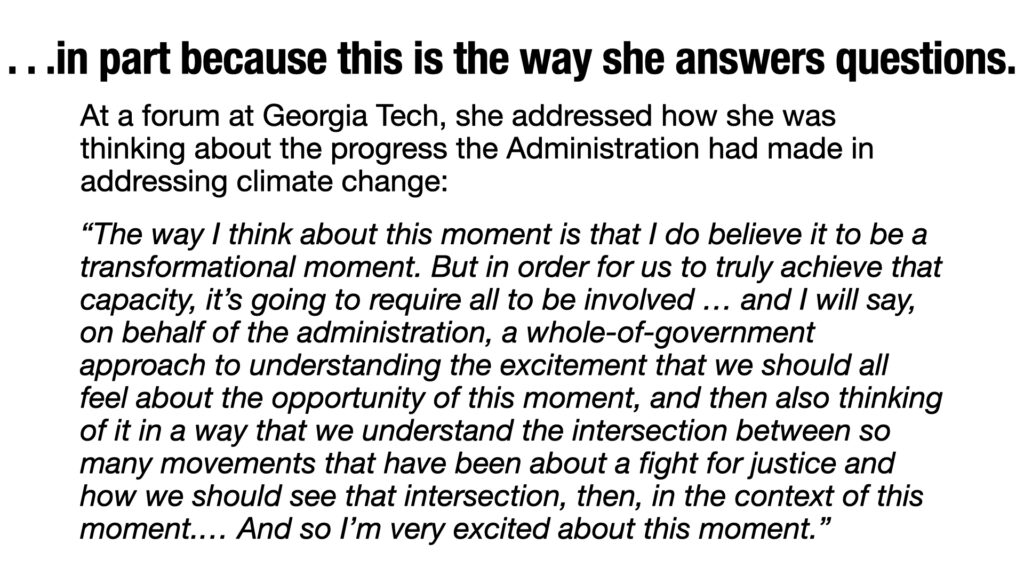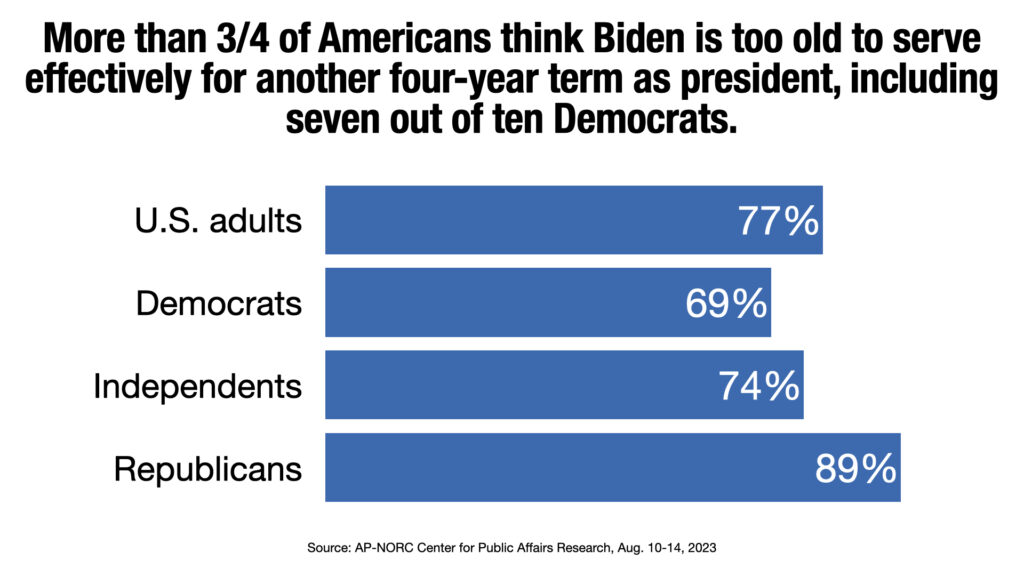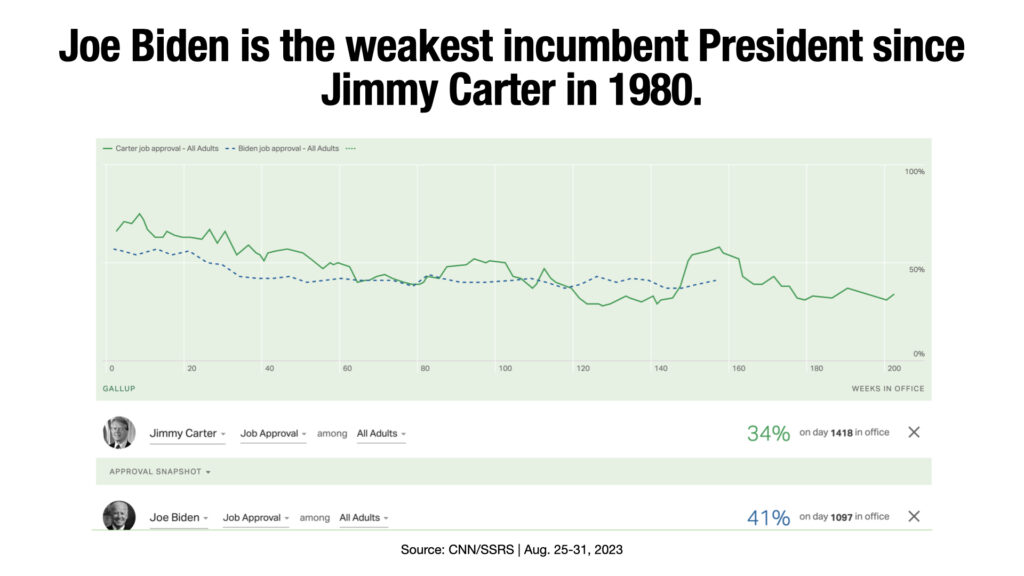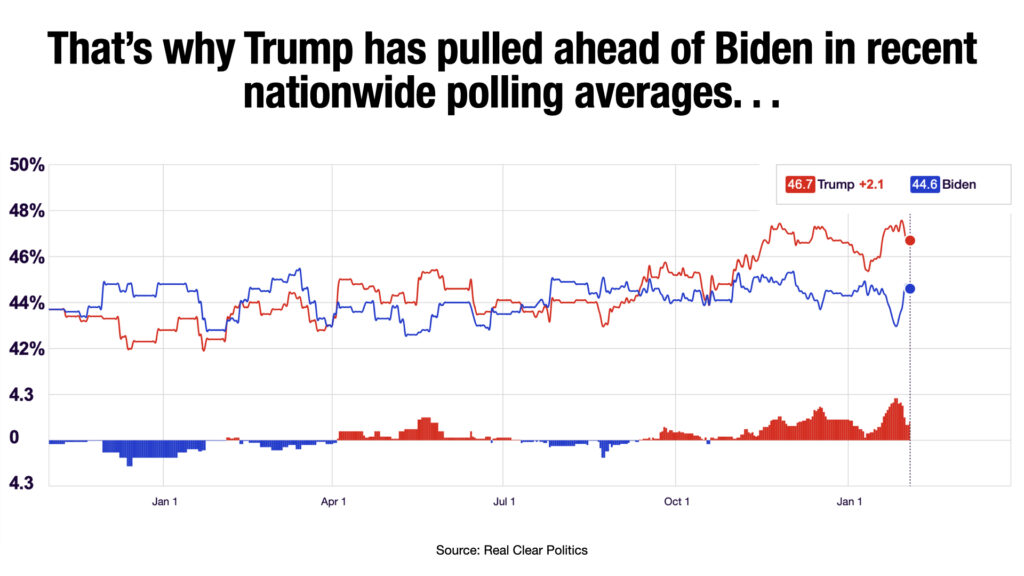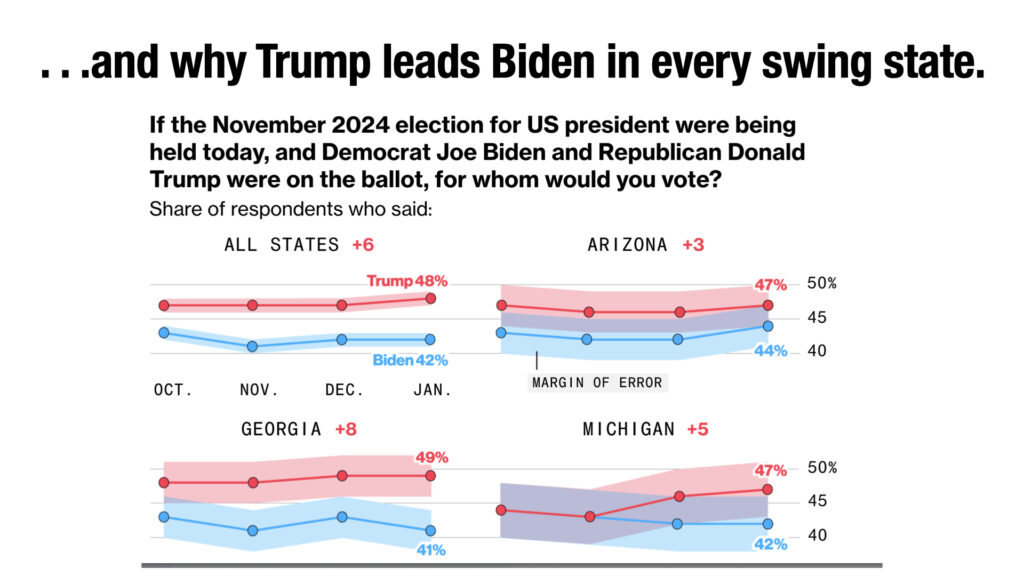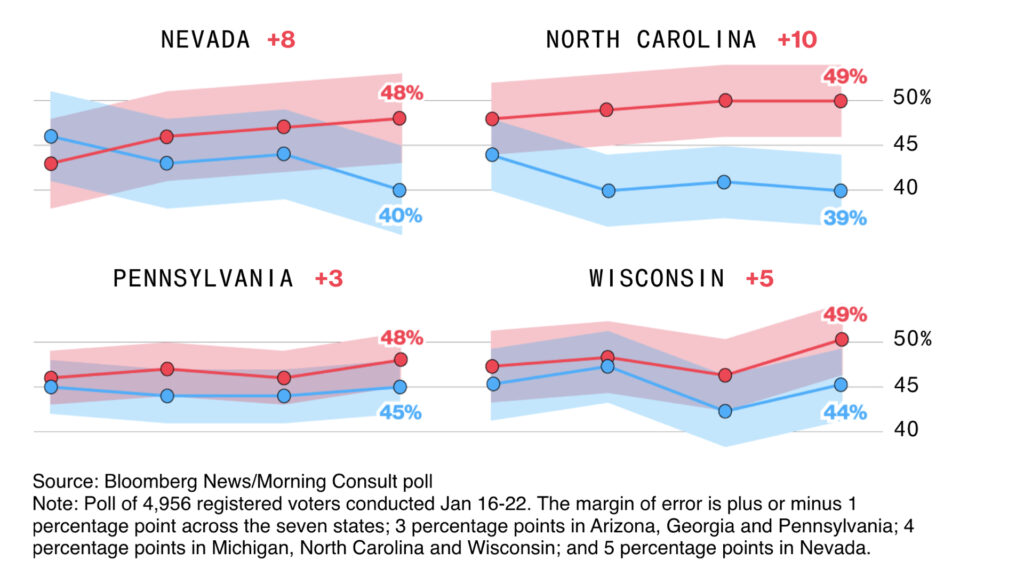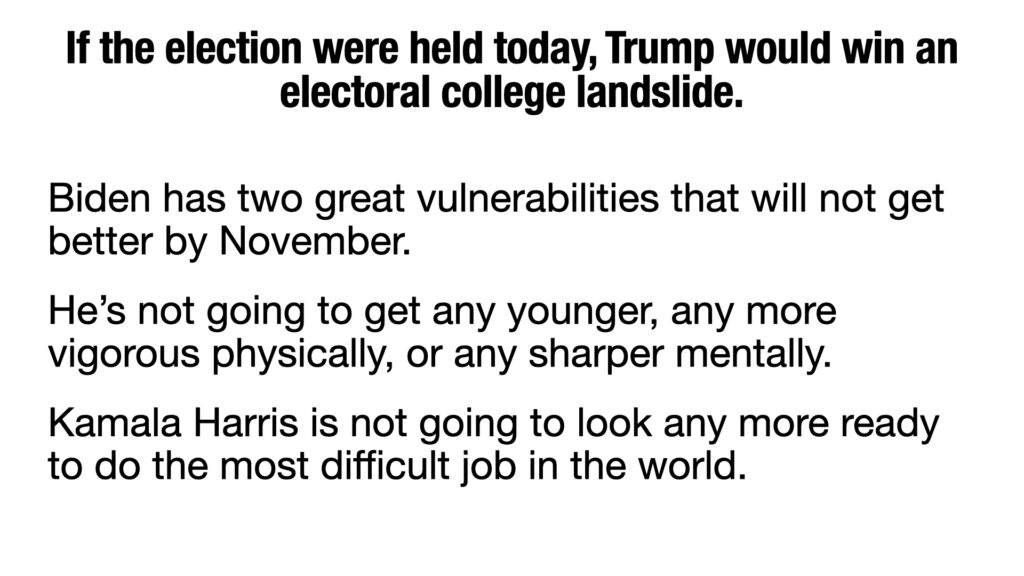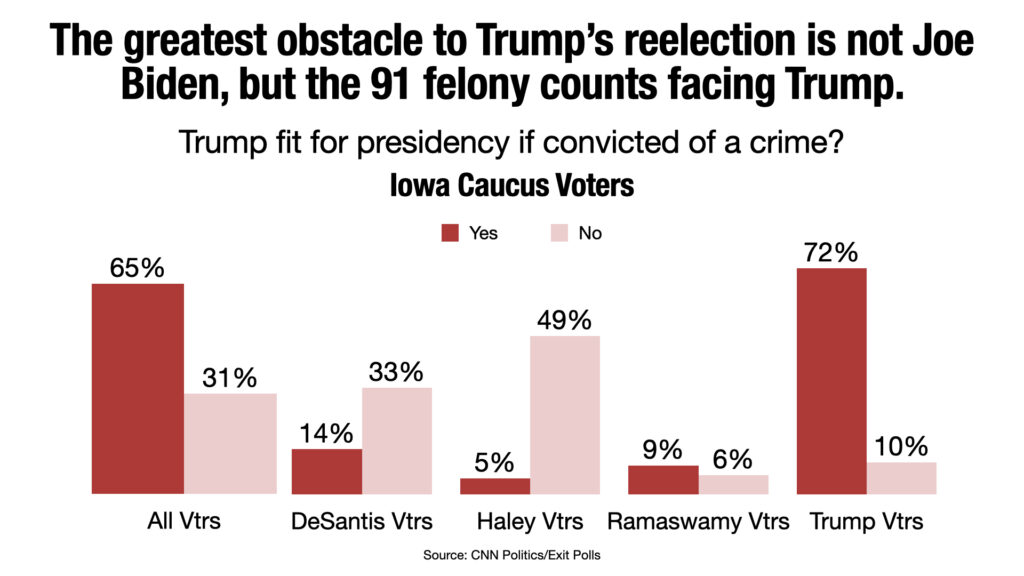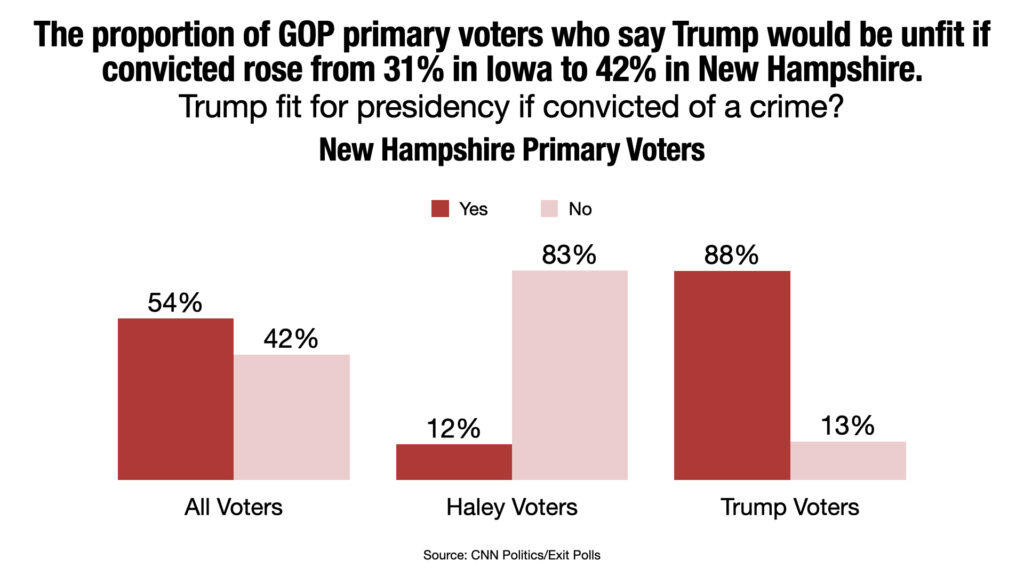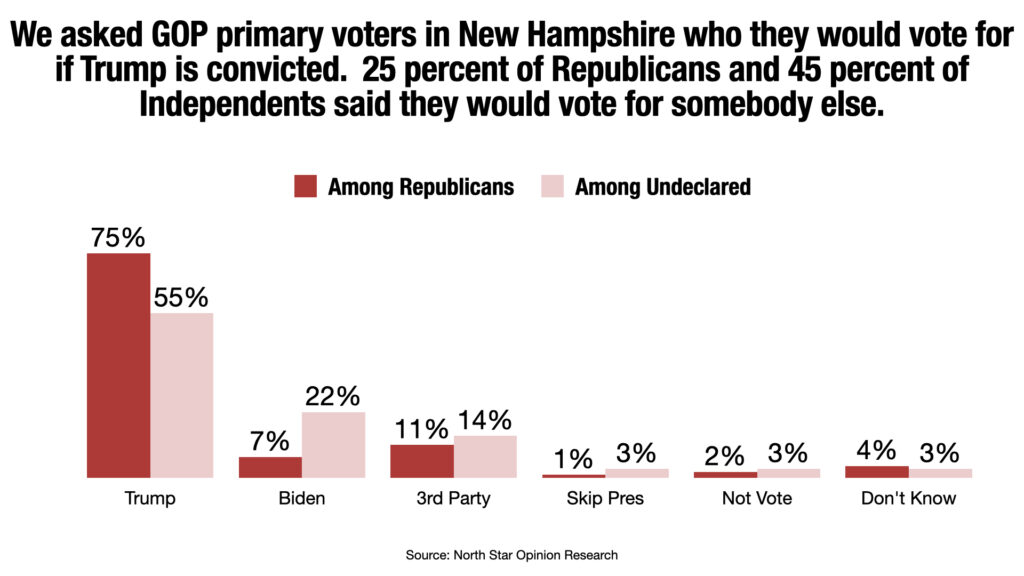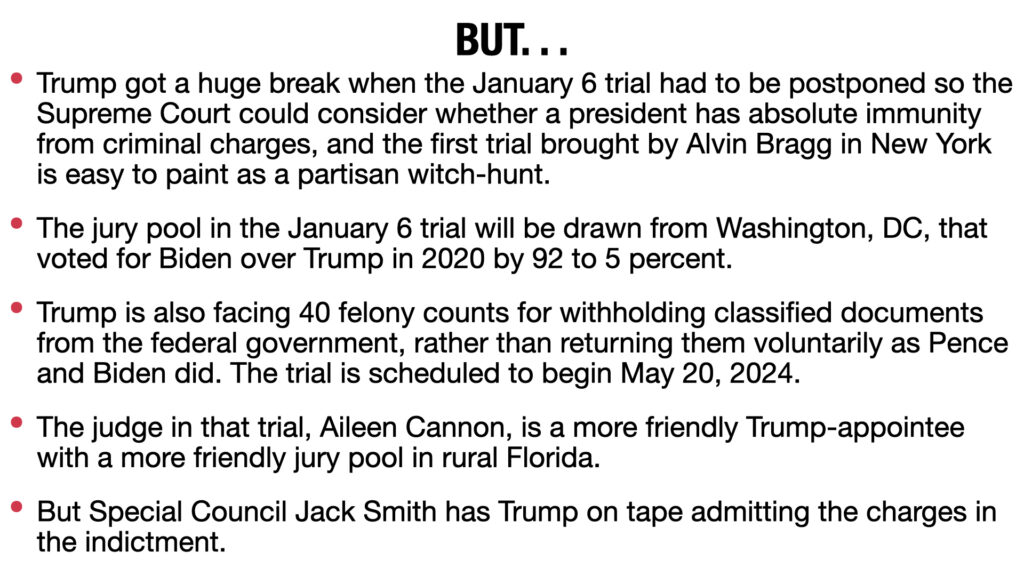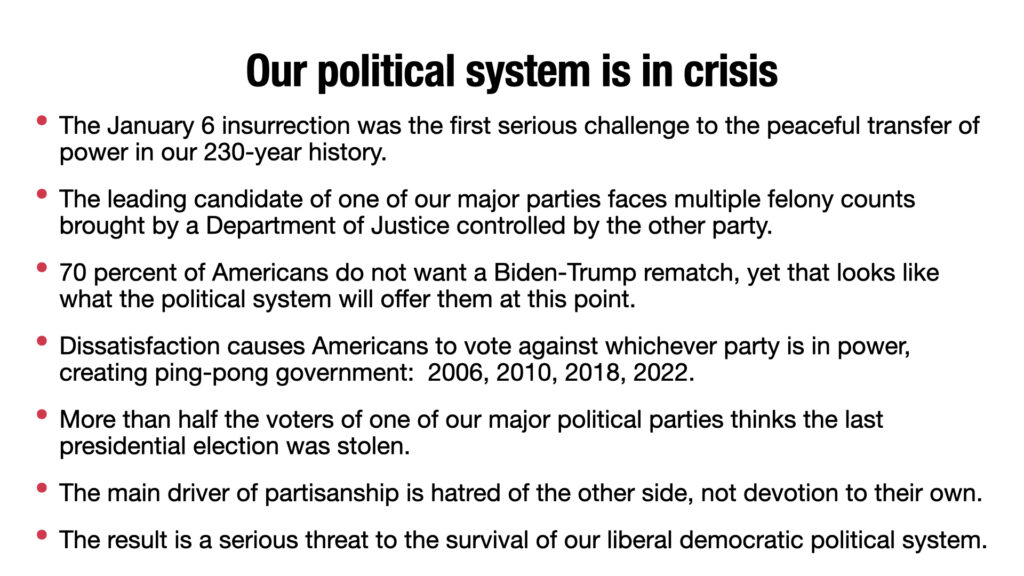Jon McHenry’s comments to The Daily Caller on the possible effects of Robert F. Kennedy Jr’s candidacy:
“Kennedy has, I think, more lasting impact on this race than most people thought he would,” Jon McHenry, GOP polling analyst and vice president at North Star Opinion Research, told the Daily Caller News Foundation. “All he really needs to be on is Arizona, Georgia, you know, Nevada, a handful of states, North Carolina, maybe Michigan, Wisconsin. He only needs to be on the ballot in five or six states to have an impact on this, because even if he only takes 3%, that’s enough to swing a bunch of states.”
…
While McHenry still believes that Kennedy “hurts both candidates pretty equally,” he issued a warning to Republicans about the independent’s candidacy.
“He’s sort of been a darling for Republicans for a while because he’s anti-vaccine, and, ‘yeah, he’s a Democrat who’s running against Biden, that’s great!’ And then he goes out and gets a progressive running mate, and they go, ‘oh, wait, is he actually a liberal?’ Yeah, actually, he is,” McHenry told the DCNF. “This sort of implicit permission to vote for RFK Jr. has the potential to backfire in the end.”
To read the full article, please click here.

